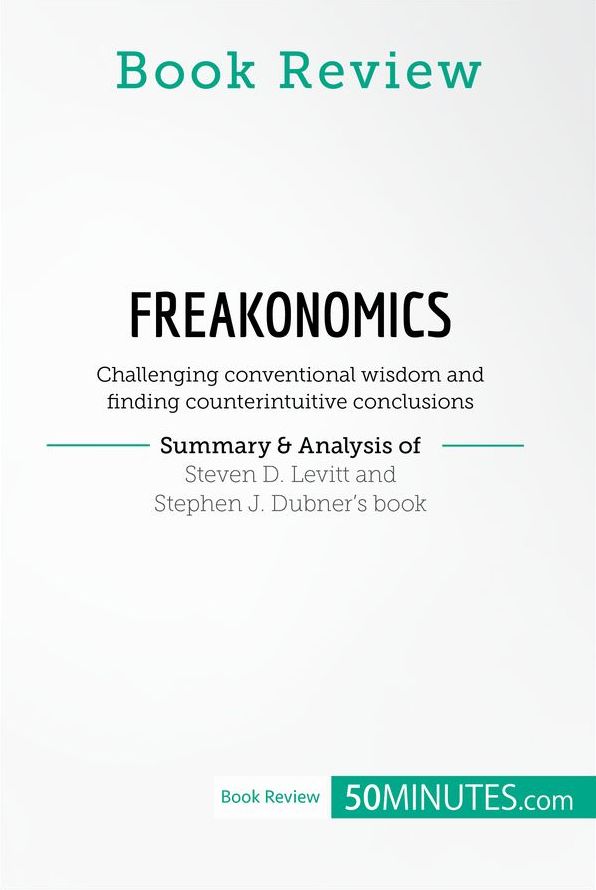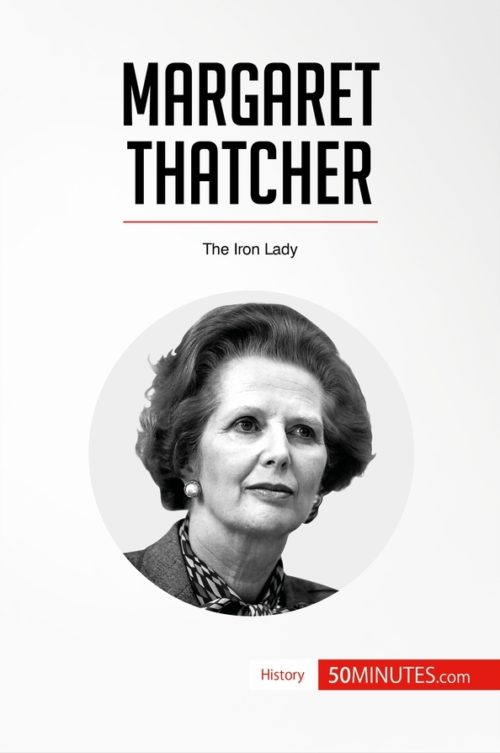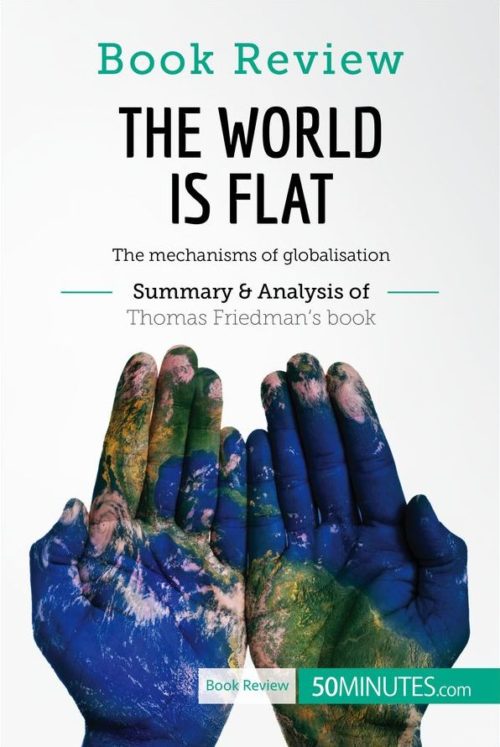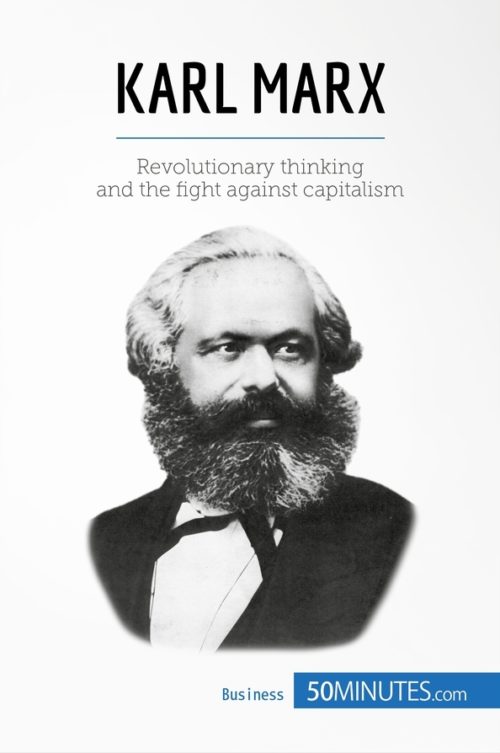Book Review: Freakonomics by Steven Levitt and Stephen Dubner
Book Review: Freakonomics by Steven Levitt and Stephen Dubner
Read more
Freakonomics will challenge the way you see the world
In Freakonomics, Steven Levitt and Stephen Dubner aim to explain the hidden factors that shape the world around us, which often prove to be counterintuitive and contradict conventional wisdom. This clear and detailed summary and analysis is a valuable resource for anyone who wants to understand Levitt and Dubner’s bestselling book: it features a thorough explanation of the authors’ aims, the main concepts underpinning their work, such as the influence of incentives and the significance of information asymmetry, and a discussion of the importance of their ideas within the field of microeconomics. It also provides a series of practical case studies, the main criticisms of the authors’ ideas and methodology, and the legacy of their work, giving you everything you need to understand this fascinating book in just 50 minutes.
This accessible and insightful 44-page summary and analysis is structured as follows:
- Freakonomics
- Context
- The authors: Steven Levitt and Stephen Dubner
- Context and background
- Summary of Freakonomics
- Incentives – the chief motivators
- The power of information and the importance of who has it
- Challenging conventional wisdom
- Cause and effect
- Impact of Freakonomics
- Reception
- Criticism of Levitt and Dubner’s approach
- Legacy
- Summary
About Freakonomics
Freakonomics was first published in 2005 to popular and critical acclaim. It has sold over four million copies worldwide and been translated into some 35 languages, making it one of the most famous works of popular economics of the 21st century. It was followed by SuperFreakonomics, Think Like a Freak and When to Rob a Bank, which all build on its ideas and concepts.
About Steven Levitt and Stephen Dubner
Steven D. Levitt is an economist who studied at Harvard University and the Massachusetts Institute of Technology, and was awarded the prestigious John Bates Clarke Medal, which is given to an American economist under the age of 40 who is deemed by the American Economic Association to have made a significant contribution to economic thought and knowledge, in 2003. Stephen J. Dubner is an award-winning journalist and author. He first met Levitt when he was commissioned to write a profile of him for The New York Times Magazine, and the piece’s success inspired his agent to suggest that the two men co-author a book.
Product details
| ISBN | 9782808016940 |
|---|---|
| Publisher | Plurilingua Publishing |
| Series | 50MINUTES.COM – Book Review |
| Format | |
| Pages | 44 |
| File size | 2.8 MB |






